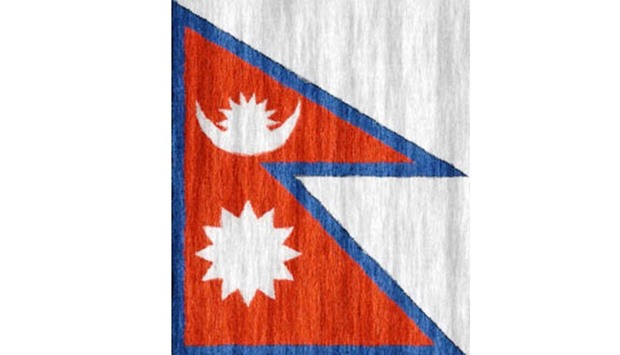The elections – the first at local level in 20 years and a key step in Nepal’s drawn-out peace process that ended a civil war in 2006 – have been beset by delays.
They were originally supposed to be held on one day but were split into two phases upon objections from the Madhesi, a minority group living along the border with India.
The first phase went ahead in mid-May but the second was delayed earlier this week in an attempt by the government to appease Madhesi parties threatening to boycott the process.
The government has now been forced to push back the date a third time to avoid a clash with the last Friday of the Islamic holy month of Ramadan.
“The government has decided to postpone the polls to June 28 upon the request of the Muslim community, because June 23 was a major event of the Ramadan festival,” Kumar Khadka, a government minister, said.
Muslims make up little more than 4% of the population in Hindu-majority Nepal.
The new date puts the polls at the height of the monsoon season, raising further concerns that voters in remote areas could struggle to reach polling stations.
The monsoon in Nepal lasts for nearly three months from early June to late August, and travel is frequently disrupted.
Chronic underinvestment and poor maintenance has left the impoverished Himalayan nation with a limited network of paved roads. Many remote villages are served only by trails, which are often impassable during the monsoon when landslides are common.
The government acknowledged the threat posed by poor weather but assured voters that long-term forecasts had been consulted ahead of the decision.
“The only challenge to delaying the polls is the monsoon. But according to Prime Minister Pushpa Kamal Dahal the department of meteorology informed him that the monsoon will not be strong until June 28 this year,” Khadka said.

